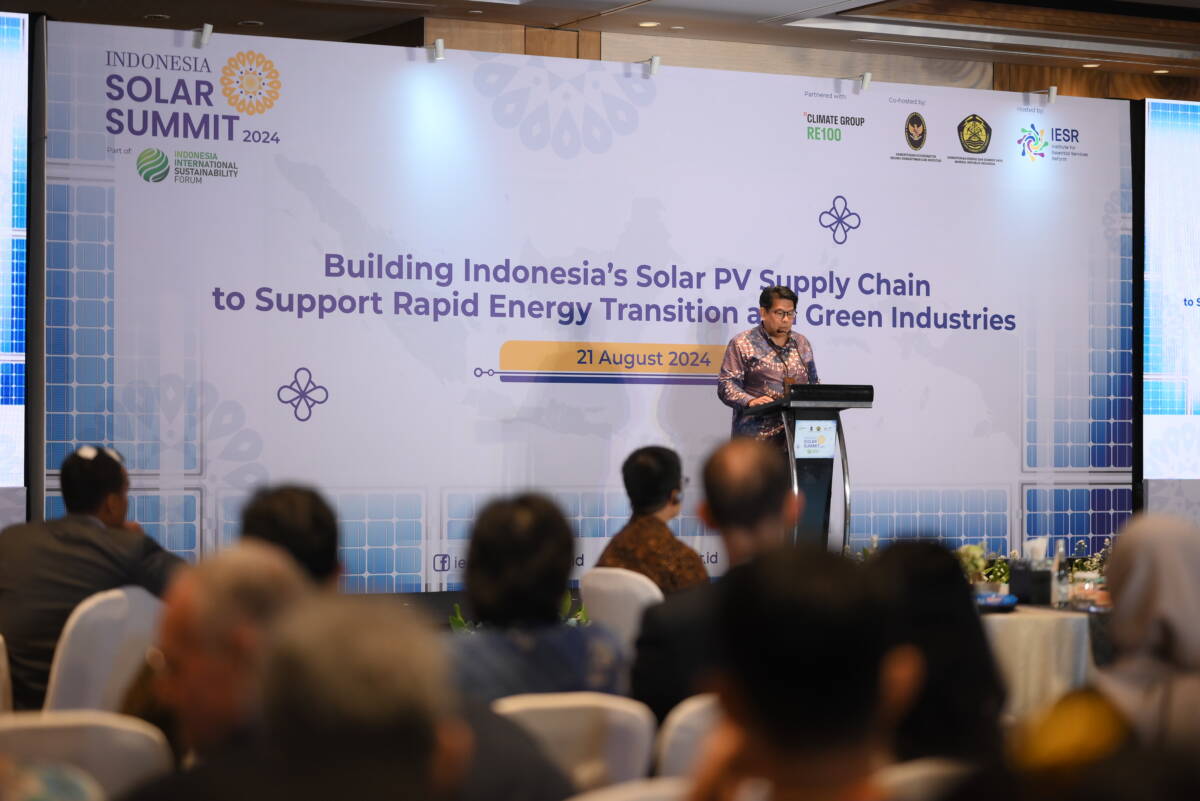
Building Indonesia’s Solar Energy Supply Chain
Jakarta, August 21, 2024 – The development of solar energy in Indonesia in the last 5 years discusses various phenomena and trends. In sectors such as hou... Read more.

Indonesia Independence Month: Awakening the Spirit of Independence from Fossil Fuels
Indonesia will celebrate its 79th independence this year, which is a very important milestone in the country’s development. Since independence, the countr... Read more.
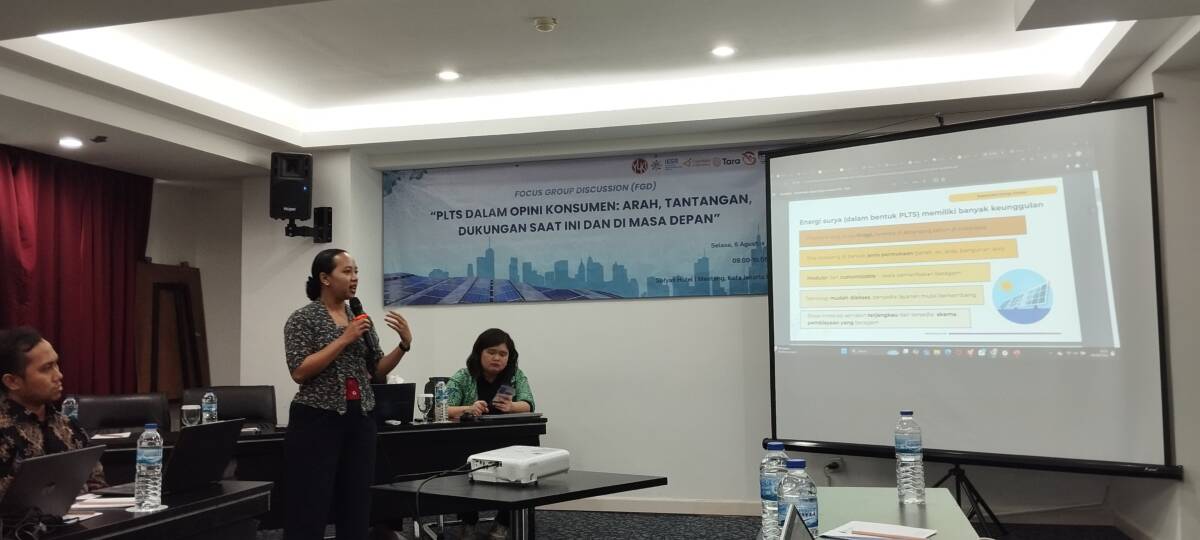
Supporting Sustainable Consumption with Solar Energy
Jakarta, 6 August 2024 – Sustainable consumption is the use of products and services that meet basic needs and bring a better quality of life while minimi... Read more.
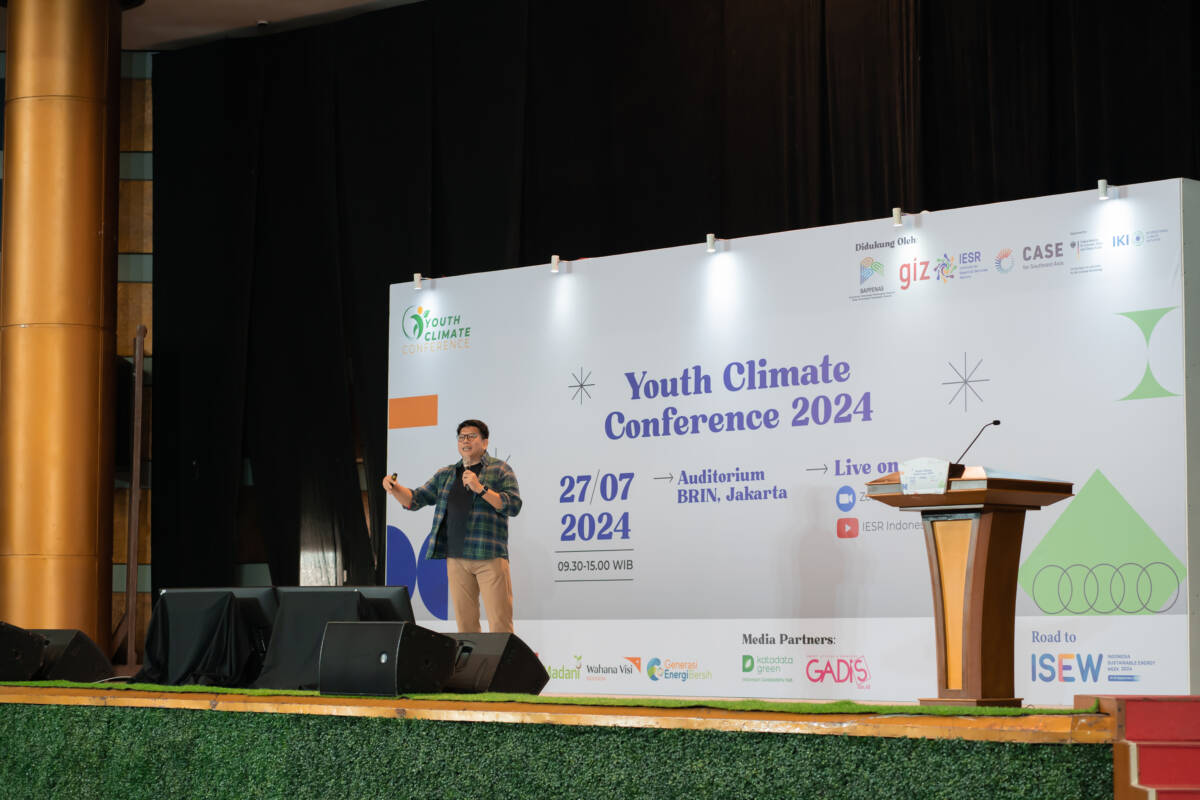
Youth Voices for Climate
Jakarta, July 27, 2024 – Children born in 2020 will experience disasters more often than previous generations. Rising global temperatures trigger climate-... Read more.
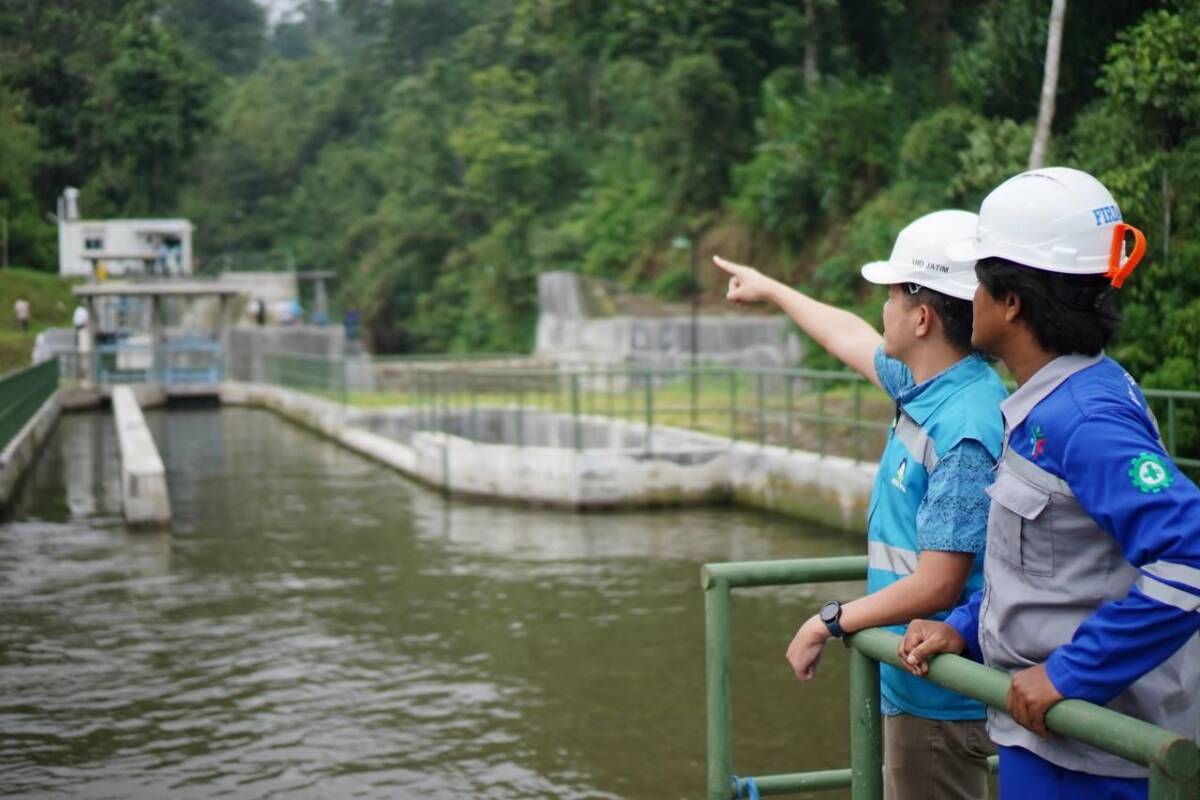
Renewable Energy Initiatives at the Subnational Level
Switching from conventional energy sources to renewables or energy transition is one of the main steps in mitigating greenhouse gases to reduce the impact of cl... Read more.
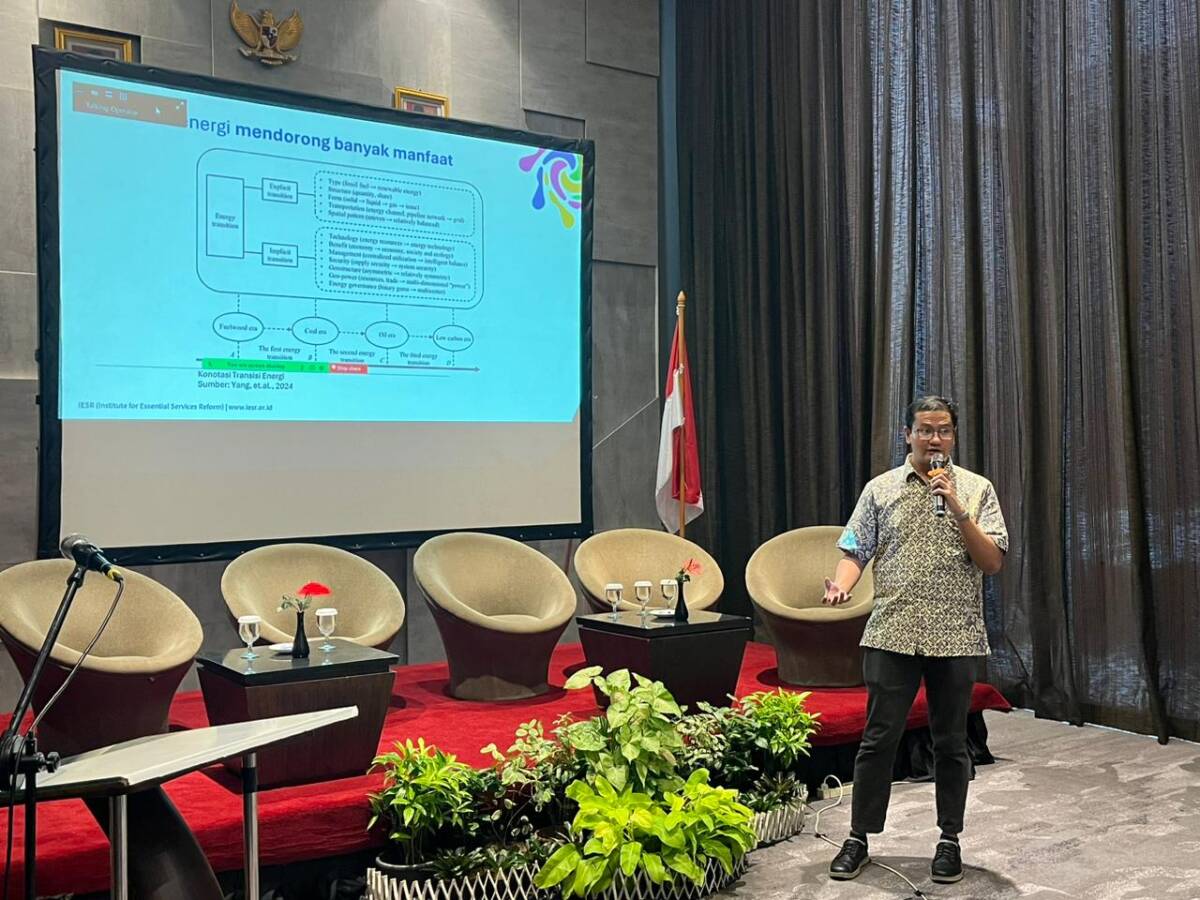
Imagining a Picture of a Just Transition in Indonesia
Jakarta, 25 July 2024 – A just transition in Indonesia currently does not have a mutually agreed definition. The absence of this definition has resulted i... Read more.
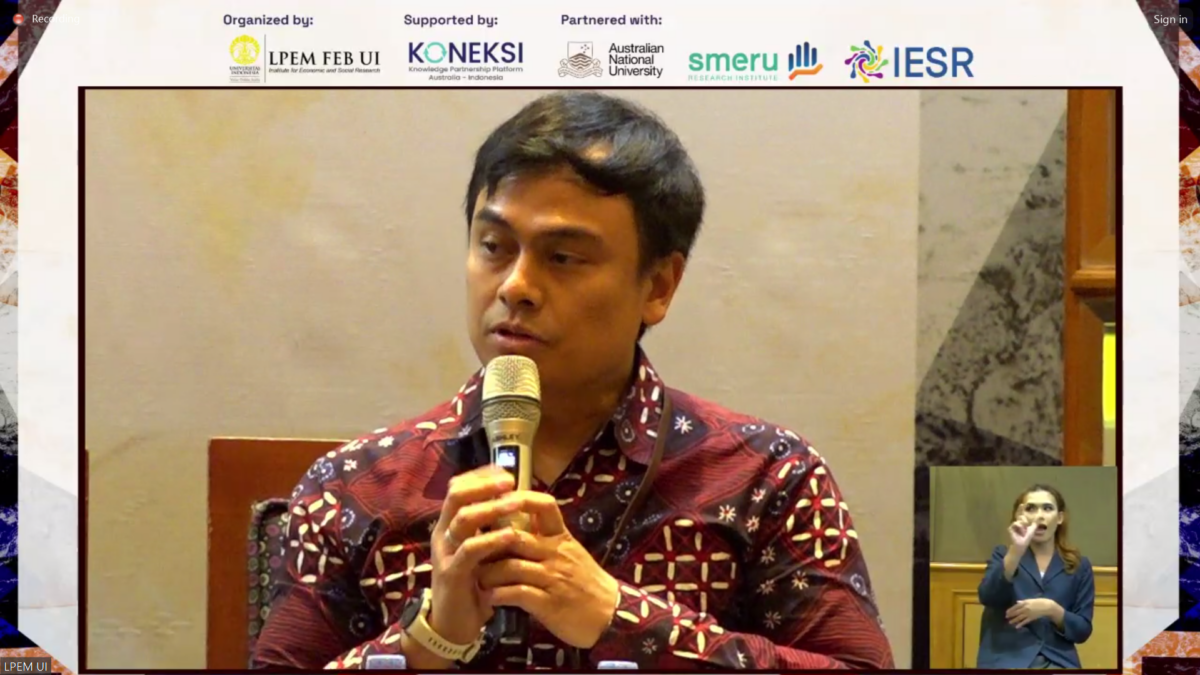
Realizing Inclusive Participation in the Energy Transition
Jakarta, July 18, 2024 – The energy transition is inevitable. Technological advances make clean technology that produces renewable energy continuously aff... Read more.
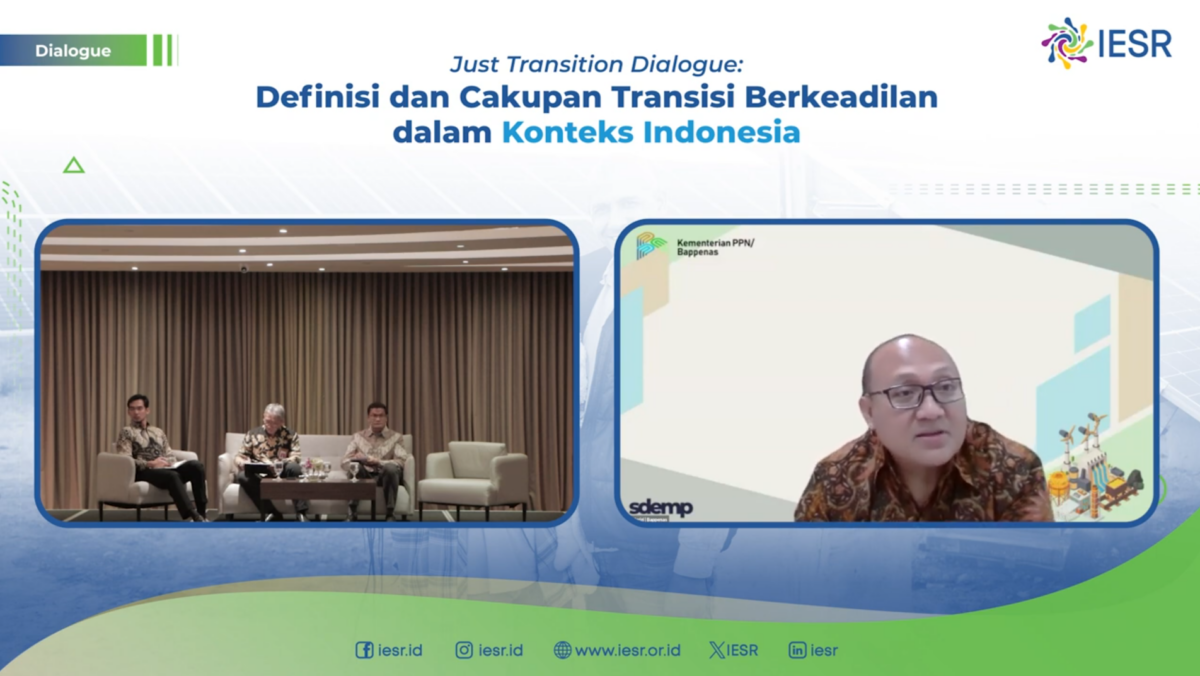
Defining Just Transition for Indonesian Context
Jakarta, 15 July 2024 – Just transition has become a widely discussed topic after the issue of energy transition was widely articulated. The idea of �... Read more.
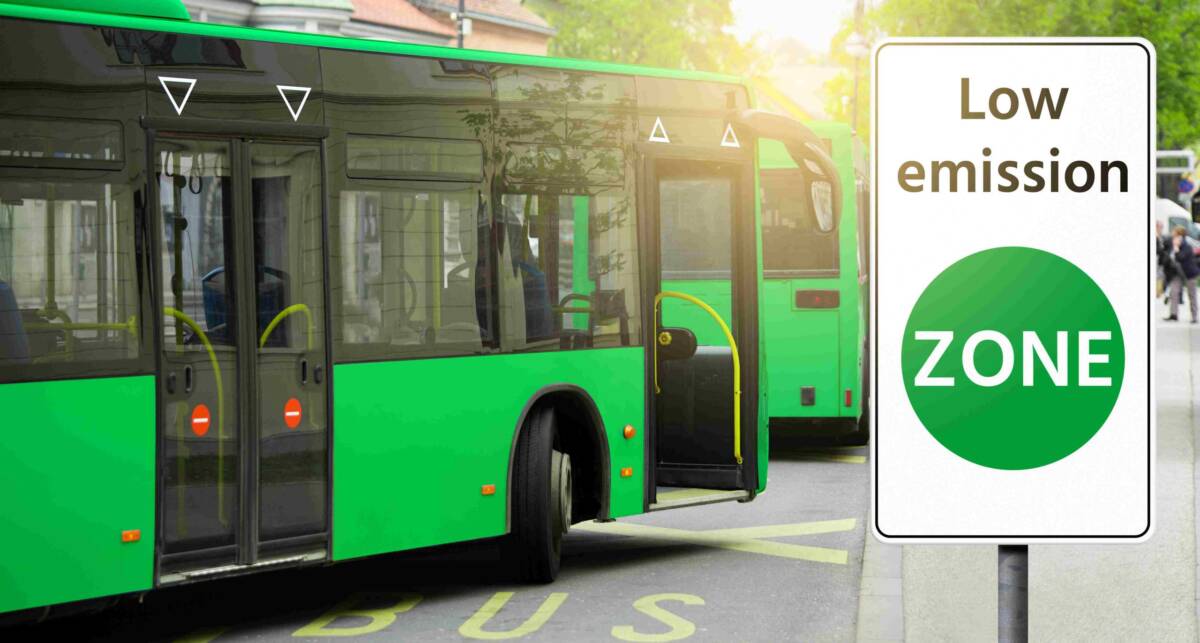
Decarbonizing the Transportation Sectors
The transport sector, with its extensive emissions, significantly contributes to the energy sector. In 2022, Indonesia’s transport sector emitted 150 MtCO... Read more.

Collaborative Efforts to Encourage Greater Utilization of Renewable Energy
Jakarta, 3 July 2024 – 2024 is a planning year for the Indonesian Government. After holding the general election last February, a number of preparations w... Read more.
